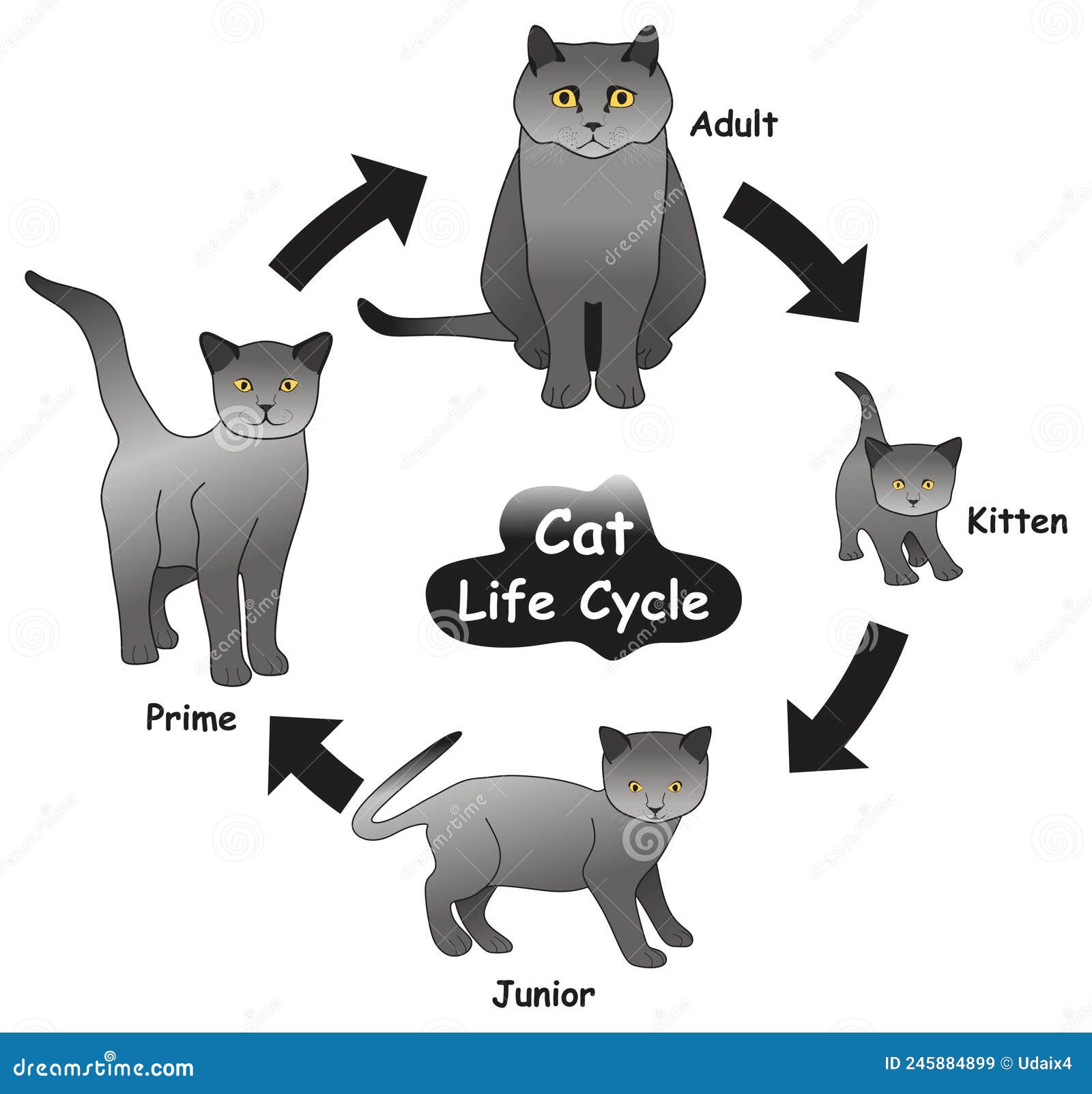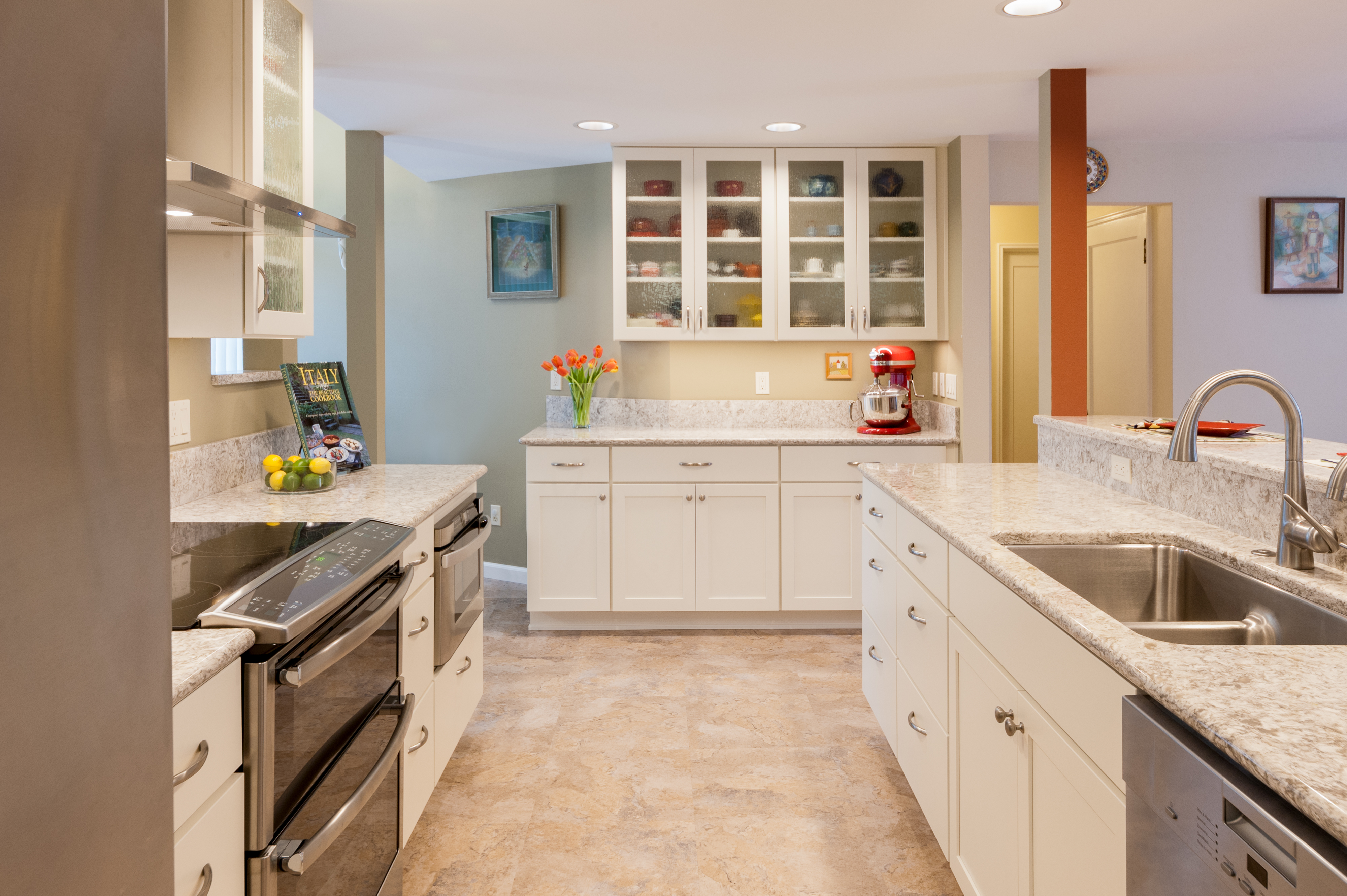Table Of Content

With the ability to pack on pounds easily when overfed and under-exercised, maintaining an optimal weight is crucial for cats to achieve maximum lifespans. A cat’s bodyweight has a major impact on their expected longevity. Studies have shown overweight and obese cats suffer up to a 6-month decrease in lifespan for every 1 kg (2.2 lbs) of excess weight. Lastly, Feline Immunodeficiency Virus (FIV) weakens a cat’s immune system and shortens their lifespan. Keep your cat indoors and avoid contact with other cats who may be infected to prevent FIV. When it comes to ensuring a cat’s longevity and quality of life, there are several factors to consider.
Exercise and playtime
While we never have complete control over our cat's lives, we can be sure to offer them a safe, healthy, and loving environment to increase the odds of them living a long life. Guinness World Records lists the oldest cat as having lived 38 years and three days. Crème Puff was a domestic shorthair cat that was sometimes fed odd things such as asparagus, eggs, and heavy cream. It is unknown exactly how Crème Puff was able to live to be such an old cat, but a combination of loving care, good genetics, and a safe environment were probably key factors. Indoor cats are not exposed to as many risks since they are sheltered inside a secure home.
Here Comes the Sun: Is It Alright? Dangerous Things Cats Like
Keeping cats active and providing adequate exercise helps maintain a healthy weight and prevents obesity-related diseases. Active playtime, cat toys, cat trees/perches, and daily activity all contribute to longer, healthier lives for cats. It’s part of the responsibility of pet ownership to provide proper healthcare for your cat. The average vet care expenses for cat owners is roughly $125 per year. However, this is an average that does not account for your particular cat’s health. Some cats will need emergency treatment or surgery that can cost significantly more than $125.
Factors Affecting the Life Expectancy of a House Cat
Untreated cat anxiety can make life even more difficult for indoor-outdoor cats because of all the people and noises outside. Ideally, they should be getting a wellness examination every year, and many vets recommend a check-up every six months once your cat is over the age of 10. While most veterinarians are trained to treat cats, some owners prefer to take their kitties to vets who specialize in feline medicine.
Grumpy Cat has died, and the internet isn't taking it well - BGR
Grumpy Cat has died, and the internet isn't taking it well.
Posted: Fri, 17 May 2019 07:00:00 GMT [source]
Cat Lifespan: How Long Does the Average Cat Live?
The transition from mature adult to senior cat can vary depending on the cat. Some cats in this age range will remain spry and well-muscled for years, while others will have more illnesses and degenerative disease. Mature adult cats may start slowing down—they won’t play as often and can move into a more sedentary lifestyle. Kittenhood is also the time their immune system is introduced to protective vaccines, such as FVRCP, rabies, and FeLV vaccines. Older kittens (6 months to 1 year) should be spayed or neutered to reduce the risk of certain cancers and life-limiting behavioral issues, such as urine marking or spraying.

With proper care, many cats can live comfortably into their late teens and even early 20s. Dental disease can cause tooth loss, oral pain, and systemic issues. Regular dental cleanings and exams allow early detection and treatment of any problems. Daily tooth brushing, dental diets, treats, and water additives help maintain good oral health between cleanings. Proper veterinary care from kittenhood through the senior years gives cats their best chance at a long and healthy life.
These Are The Signs That Your Cat Will Probably Live a Long Life
It’s commonly recommended for cats 10 and older to have bloodwork and urine testing done every six months, as organ health can change quickly. Older cats are also prone to blood pressure issues, which can lead to strokes and blindness. Blood pressure can be easily monitored at your cat’s annual checkup. Changes in behavior may be noted with regards to litter box use and nighttime activity levels. For example, some older cats will be more active late at night when they didn’t used to be and then sleep more during the day. Or, cats that were once fastidious about their bathroom habits may no longer cover their poop or may go outside the litter box.
Routine weigh-ins, body condition checks, and dietary counseling help set cats up for longevity. Despite the mythical “nine lives” attributed to cats, our feline friends only have one life to live just like humans and other animals. Regular grooming not only keeps your cat looking good but also helps prevent health issues such as hairballs, skin irritations, and dental problems. Brushing their coat, trimming their nails, and cleaning their teeth are all important components of a healthy grooming routine.
Take good care that on outdoor visits, your cat does not eat poisonous food, which can lead to kidney failure. There are many factors that influence feline longevity including breed, spay/neuter status, nutrition, and veterinary care. Providing an enriched home environment and adapting as your cat ages can help maximize lifespan and quality of life. Portion-controlled meals, interactive feeders, scheduled playtime, and environmental enrichment all help cats stay active and engage their natural hunting behaviors. By keeping weight under control, cats can add years to their lifespans and avoid many chronic diseases of aging.
While we all wish there was a magic elixir to make our cats live forever, there’s no way to cheat death and some illnesses are unavoidable. But there are quite a few things pet parents can do to help their cat live longer. Senior cats often slow down more than they did as a mature adult, which can be a sign of untreated arthritis pain. Discuss any changes in behavior in your senior cat with your veterinarian. These can be related to arthritis, cognitive dysfunction, or even early kidney or digestive issues.
Cats often try to hide their pain or discomfort, but abnormal behavior is a clue that something’s wrong. “If you suspect that your cat is feeling ill, it is best to contact your veterinarian to ensure that they receive proper treatment,” Rutherford says. Even though Maine Coons are very strong and hardy, they still have a lower than average lifespan. Bengal cats have a wild appearance with distinctive leopard-like spots, rosettes, arrowheads, and marbling.

No comments:
Post a Comment